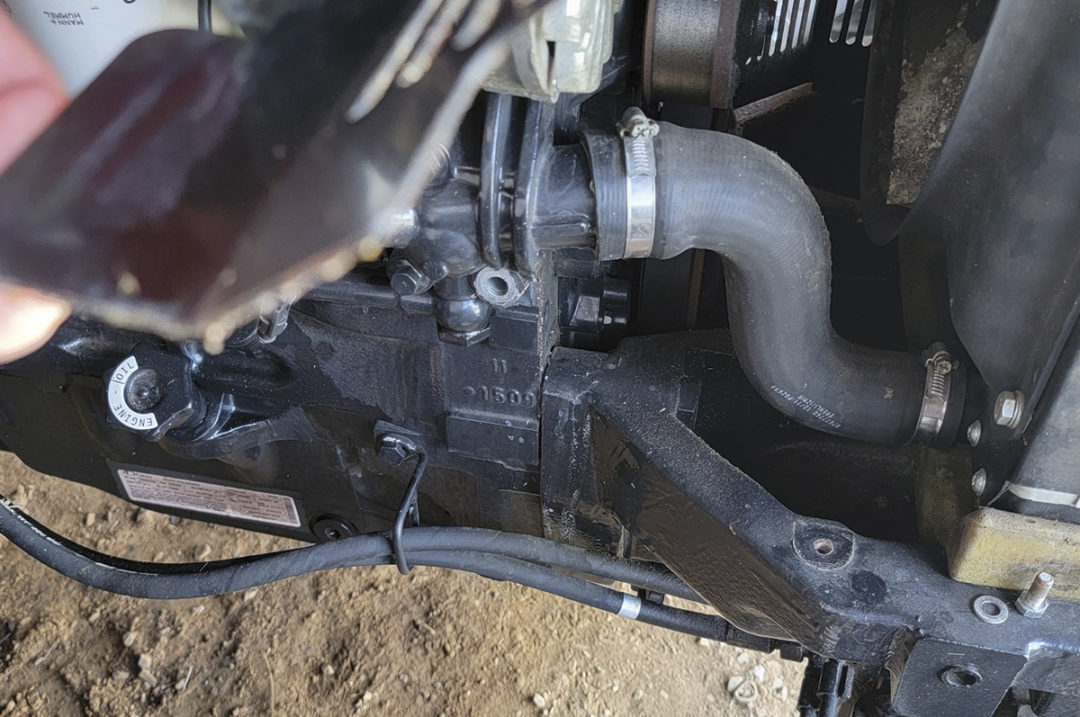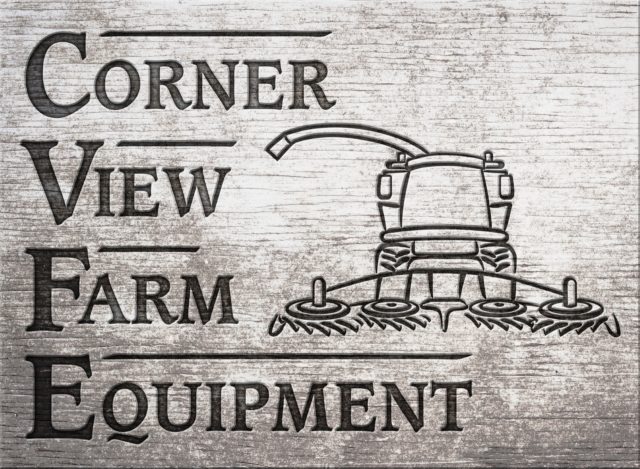I was a very lucky young man. I was born to hard-working, capable parents and was raised to know and appreciate their equally hard-working siblings. My dad was a mechanic and an equally gifted carpenter. A family friend said many times that Dad missed his calling as a builder.
In my opinion, he didn’t miss it too far. Have mercy, we built buildings until we ran out of room on our farm in the mountains of Virginia, and then we moved dirt from the farm we bought across the road and started building on the fill. Our covered feedway we built for the dairy sits on 1,054 truckloads of dirt we moved when we built my house and cut the 14-foot-high road bank back so a lawnmower could handle the yard.
I still grin when I think about my wife’s thoughts as we started that project. “You just can’t do that,” was her assessment. Dad’s reply brings equally fond memories, “Now baby doll, just be patient.” Time and determination can solve a lot of problems as long as you are moving forward with a clear purpose and an achievable goal.
Another one of Dad’s favorite sayings was, “We are going to handle it like a cat eating a grindstone … a little bit at a time.” A bunch of our projects over the years fit that billing – a little bit at a time. Often, the limiting factor was money, but if you pay as you go, it’s a lot harder to go broke. It sure didn’t happen overnight, but even the Grand Canyon started out as flat ground.
As I mentioned before, Mom and Dad weren’t the only skilled laborers in their families. On Mom’s side, my Uncle Holmes was a burly mountain of a mason and could lay 1,000 bricks a day even into his 70s. On Dad’s side, my Uncle Warren was an electrician who taught many of the area’s better electricians as an instructor at the county vocational school.
Warren worked many evenings during the fall cleaning and prepping peoples’ oil furnaces for the coming winter. He also could fix just about any appliance you could have in his day. It is Warren’s favorite saying that inspired this column. “Well, we might as well try to fix it; it’s already broke. We ain’t gonna break it worse.”
Those of us that have or had Depression-era parents bear witness to this kind of attitude. My parents and their siblings grew up in a time when people made their own or made do without. Even if you could afford something new, that new purchase might not be available. Between world wars and lean times, theirs was the original supply chain shortage. They thrived because there was no other choice but to rely on themselves.
Often, modern farm machinery can pose an insurmountable mountain of repair – and frankly, some things nowadays are best left alone if you don’t have the software to diagnose and reset the offending tools of our trade.
Still, the modern complexities of machinery should not deter us from giving up altogether of DIY repairs. Case in point, I have a 2012 utility tractor I use to tend to chores around the farm. During the summer, it stays hooked to an 8-foot flail mower mostly. Its front-wheel assist and cab come in handy while mowing the old barn lot behind our farm shop.
Included in that barn lot is the old earthen dairy lagoon. The construction of the lagoon, combined with the hillside it is cut into, make the sidewalls – which are, borrowing a favorite saying from my colleague in a neighboring county, “steeper than a horse’s face.”
While I was tidying up the barn lot last month, I had a freak occurrence; the bottom radiator hose detached itself from the engine. Given the angles I was exposing the tractor to and the laws of gravity, the tractor lost all its coolant. It lost coolant so fast I didn’t even notice it happening. It didn’t smell like a coolant leak because there wasn’t any coolant left to smell. I didn’t know anything was amiss until I looked down and the temperature gauge was pegged. Dang!
I was not 50 yards from the shop and a water hose, but by the time I got around the building’s corner, the engine was so hot, it was losing oil pressure. Not good – not good at all.
I left the tractor to cool off the rest of the afternoon, but I have never seen a motor that hot. The loss of oil pressure had her valve train pecking pretty keen when I shut her off. While she cooled, I found the loose hose and the culprit: a 50-cent hose clamp. I was amazed when she restarted and backed into the shed.
It was 4th of July weekend, and it was one of the few times I did not have the correct oil filters on hand, so I had to wait until Tuesday to change the oil. I spent all weekend thinking my little buddy had almost surely puked its engine.
When I changed the oil and filter, the old oil was so burnt it wouldn’t stain my hands. It wiped off my gloves like water. Thinking she still likely was headed to the shop, I climbed up in the cab and started her up. As the fresh oil made its way up to the head and worked its way back down to the oil pan, she quieted down nicely. I reattached the mower (I had removed it in anticipation of putting it in the shop) thinking that, well, if the engine is hurt, when it blows we’ll know exactly what was wrong.
I ran her for two hours at PTO speed. At first, I was on edge at every creak and groan, but finally settled in, certain each noise was part of the normal operation of the tractor and the mower. I was lucky … blessed, more to the point, but taking a chance that I “couldn’t break it any worse” saved me thousands of dollars in repairs and time.
Don’t let inexperience talk you out of not trying a repair. While no mechanic wants to follow another unsuccessful mechanic, avoiding the need for a mechanic altogether is a money-saver for sure.








